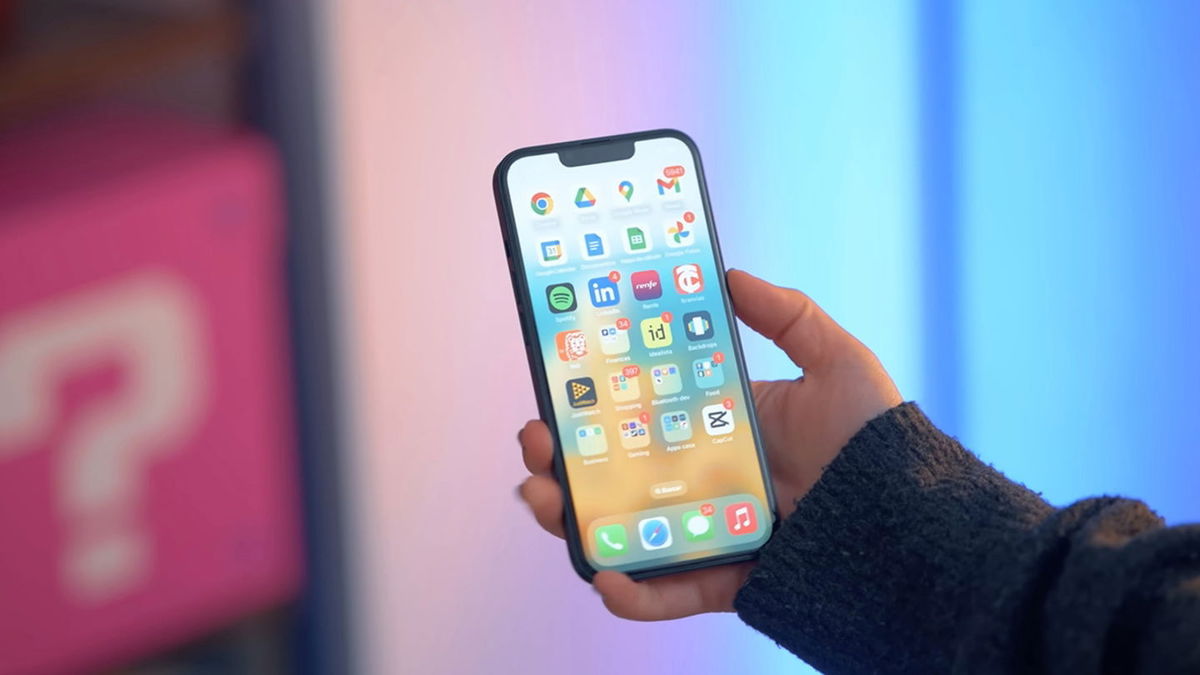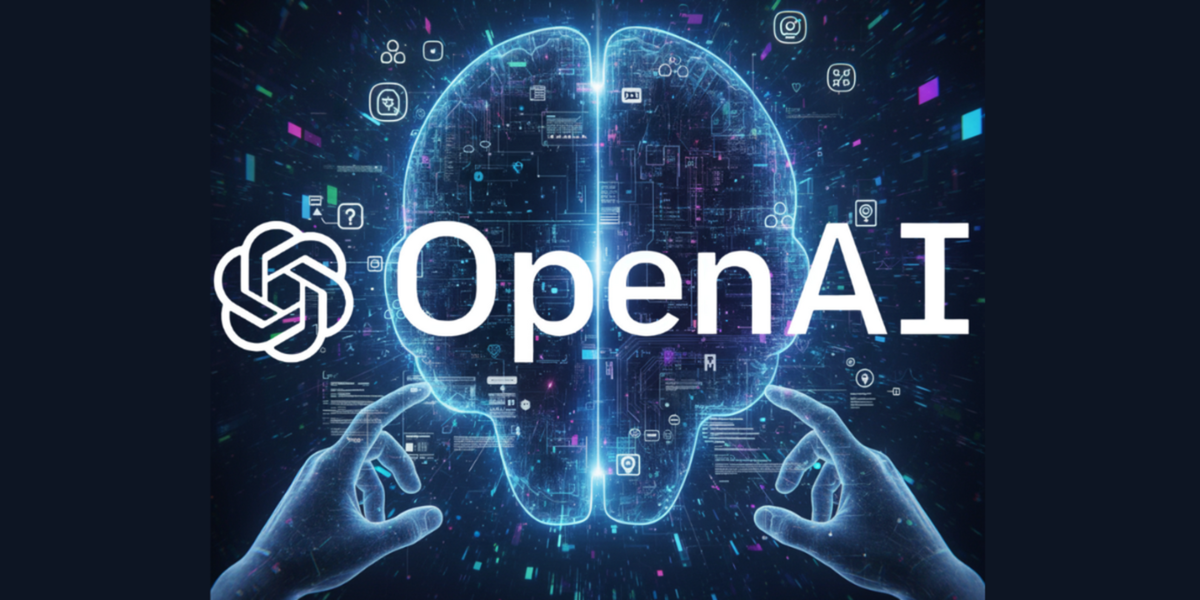In the late 19th century, first-time moviegoers would flee their seats, believing they would be hit by a steam locomotive moving across the screen. The Fear Caused by a Short Film Arrival of the train at Shiota Station.proposed by the Lumiere brothers, has a correlation with 2023. “The detractors of these technologies are not using good resources to learn about them. This will help them get a full picture of what you do and how you do it,” he says. Regina Barzilaia researcher working on a new method that combines artificial intelligence and breast cancerfor early detection of the disease.
Showing the bright side of artificial intelligence – now gaining popularity in its generative form – does not mean ignoring the risks associated with its use. Many experts have sounded the alarm and recommended establishing regulations to regulate developments in this area. In this direction, a group of countries led by the United States recently committed to conducting a more thorough analysis of companies and labs involved in this sector. Sam Altman, CEO of ChatGPT, himself said that his biggest fear is that a chatbot will cause “great harm” to the world. However, the dangers associated with these technologies should not overshadow the potential benefits, says Barzilai.
«I believe that AI can improve many areas of our lives.“, he assures in a dialogue with Hypertext A Moldovan-Israeli specialist who has made a name for himself in the scientific arena by combining advances in artificial intelligence with breast cancer, a difficult personal experience. His vast body of research has just received a boost. Barzilai was recently nominated as a member of the US National Academy of Medicine (NAM), one of the highest honors in healthcare.
Regina Barzilai, a scientist who combines artificial intelligence and breast cancer for early detection.
- He was born in 1970 in Moldova and emigrated to Israel when he was 20 years old.
- He studied at Ben-Gurion University of the Negev in Israel and then moved to the United States, where he graduated with a degree in computer science from Columbia University. His PhD was supervised by Kathleen McKeown, a renowned scientist specializing in natural language processing (a field of artificial intelligence).
- She is currently a professor of artificial intelligence and health in the College of Engineering in the Department of Computer Science at MIT. He is also the head of artificial intelligence at the MIT Jameel Clinic.
- She was diagnosed with breast cancer in 2014, an experience that influenced her research.
- In addition to his recent appointment to the Non-Aligned Movement, he is a member of the US National Academy of Engineering and the American Academy of Arts and Sciences.
Regina Barzilai: “AI can improve our lives”
“I am very pleased with my choice in the DN. It is a recognition thatClinical AI is an important area of medicine“This is a relatively new phenomenon. Very few AI researchers are members of this academy right now. I hope that will start to change,” Barzilai says in a conversation in which he addresses the bright side of these technologies, as well as his personal experience with the intersection of artificial intelligence and breast cancer.

So your appointment to the National Academy of Medicine is also a recognition of your achievements in artificial intelligence?
Yeah, I remember when I started working on healthcare apps, I used to hear this argument a lot: you can’t understand something because you’re not a doctor. It drove me crazy. With this appointment, it’s going to be harder for them to make that argument.
How can artificial intelligence contribute to healthcare?
I think it can improve many areas of our lives. It is a very powerful and flexible technology. One of the main problems with modern medicine is that it is not personalized. Most of the time, we treat diseases that are already advanced because we ignore the first signs. With these advances, it will be possible to detect early signs long before symptoms appear. In addition, it is useful for creating individualized treatment. AI will achieve many things that doctors cannot do.
She was diagnosed with breast cancer some time ago and this disease was also related to her research. If so, how powerful Was this experience intended to advance possible solutions?
My personal experience took me from natural language processing to drug discovery and clinical AI. The transition was very painful and slow. I could not have done it without the personal motivation to change this field.
Could you tell us how Mirai, a system combining artificial intelligence and breast cancer aimed at early detection, works?
Transparent. It is very important to know that our ability to recognize visual patterns is limited. Therefore, the cancer must be large enough to be visible. When the machine is trained on a large number of images and research results, it can to discern very subtle patterns that the human eye cannot detectAlso, keep in mind that the training set of the machine is usually larger than what human radiologists see during their training or even their entire careers.

How important is early detection in these cases?
This is important because we know how to treat early-stage cancer, but we don’t know how to treat advanced cases. There are also chemopreventive drugs that can reduce the risk of developing the disease. But today, most patients who need them don’t get them because doctors don’t know who is at risk unless they have a genetic mutation and/or a family history.
Returning to the idea of the Mirai system, is it a possible replacement for doctors?
Absolutely not. Just as health care workers shouldn’t be afraid of being replaced by MRI machines or blood labs. This is new technology that, if used correctly, can help them do their jobs better. In the meantime, it’s important to note that 99% of this work is in the documents and has not yet been translated into the healthcare system..
You said that it is important for machines to learn to say “I don’t know.” Can you elaborate on this? In what sense is this “humility” relevant in inert systems?
Transparent. Now, when a machine makes predictions, it also determines their probability. So, if you are a doctor and a machine gives you 95% accuracy in its prediction, you should feel comfortable acting on that prediction. However, machines are often not calibrated, meaning that 95% of the results may be inaccurate.
If the doctor cannot manually check the prognosis, he can only rely on this probability, which may be wrong. Therefore, we need to teach machines to predict when something is out of reach and in that case we shouldn’t look at their predictions. The reason this method isn’t used yet is because this machine learning technology is still in development. We’re making progress on this at MIT and elsewhere, but it’s far from perfect right now.
The bright side of AI

Artificial intelligence is the hottest technology. With the general launch of ChatGPT, Google Bard, and image generators, these advances have spread beyond specialized circles. Proof of this is the recent choice of Collins Dictionary, which chose the acronym “IA” as “the most popular word of the year.” As we have already noted, these advances bring with them delights and risks. Now, why is there a perceived general tendency toward dangers?
The researcher who is proposing a solution that combines artificial intelligence and breast cancer has a clear vision in this regard. “I think there is a general lack of understanding of this technology,” he says.
Knowing his years of experience in Israel, a country that is currently going through a difficult present following the Hamas terror attack in the Gaza Strip and the escalation of the military conflict, we asked Barzilai whether artificial intelligence could also potentially provide solutions for peace. “I think that These technologies can help improve people’s lives if used in a socially responsible manner.” he notes and concludes, “There are currently many people on this planet who are poor, lack access to basic needs and have no opportunity to grow in their lives. “AI can change that equation if used wisely and with dedication.”
Barzilai is moving in that direction. In addition to her proposal to link AI and breast cancer for early detection, she is a central figure in the founding of the Jameel Clinic, an MIT-affiliated institution that is developing AI algorithms suitable for modeling biological and clinical data from cancer, Parkinson’s, and Covid-19.
Source: Hiper Textual














